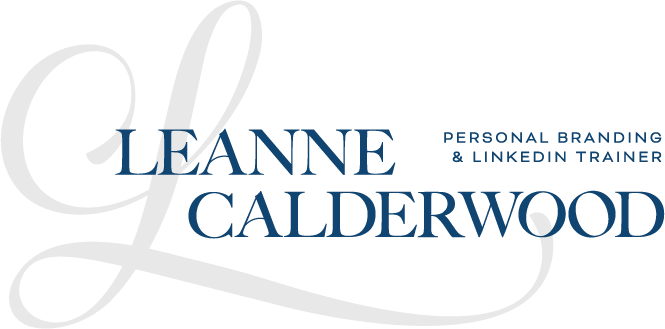There's a common adage that's been making the rounds in the business world for years:…

9 Tips for Achieving Hotel Sales Proposal Success in the Meetings Industry
Hotel sales managers may spend countless hours in a week responding to RFPs for meeting and conference space, but see very few of those RFPs translate into confirmed business. Yes, sometimes business is won/lost over the fit of the program in the property, or pricing, or availability. Meeting planners are also notorious for spamming dozens of hotels for one program, so hotels are left wondering if they have a legit shot at winning the business with their hotel sales proposal.
This leads to hotel’s providing hotel sales proposals that lack the clarity that will set them apart from the competition. What can hotel sales managers do to see more sales proposal success?
Tips for Achieving Hotel Sales Proposal Success in the Meetings Industry
- Decide if its even a good fit for your hotel – often hotel sales teams will bid on anything and everything in an attempt to be busy and book business. However if you know that your property will not be a good fit given the parameters of the program, save yourself the time it will take to fill out that RFP and turn it into time better spent on other endeavours. Your hotel may have criteria in place, or you can look to Cvent’s Lead Scoring tool to help you assess the business. PS. if you decide to turn down the RFP, please let the planner know. Don’t leave them hanging, waiting on your response.
- Be timely – try to ensure you submit prior to the deadline, and often if your early proposal is complete and meets the needs, first proposals tend to get preference over ones that arrive later.
- Be clear – if you choose to fill out the RFP, ensure your information is crystal-clear for the planner. The planner is likely receiving a number of proposals, and clarity is key in wading through the volume of information.
- Be complete – ensure you provide the details that the client has requested. If they asked for a separate meals room, provide them with a separate meals room, OR highlight the fact that you cannot provide this as per their RFP
- Be brief – they say less is more, and its definitely true of hotel proposals. There are a lot of details that I’m sure you’d love to include, but when planners are looking for “just the facts”, save them the time of wading through 10 pages of fluff to find out if you have a pool.
- Be creative – often planners will not offer alternate dates for the program. If you are keenly interested in the business but cannot provide a proposal for the first set of dates, find dates similar and propose on those. Ask your client the question. There could be a cost savings going with different dates – let them know that as it may factor into their decision making.
- Showcase the unique – ensure you showcase what makes your property different from those in your comp set
- Attach references – crowdsourcing and word-of-mouth is the new marketing; if you can provide references from past similar clients, this may be the tipping point for your proposal.
- Put yourself in the planner’s shoes – read through the proposal and put yourself in the planner’s shoes. Are the key points easy to find? Is it too wordy (kinda like some of my blog posts 😆)?
Leanne’s note – I often receive proposals where the rentals are not clear, and if they are based on rental/room/day, or if the total amount of rentals are on a sliding scale with food and beverage and/or guestrooms. The scale is often not clear on what the rentals would be if one or more of the criteria are not met.
Leanne’s note – I often receive proposals in word or PDF format that become a treasure hunt of trying to find the key financial factors and meeting space allocations. These objective factors should be somewhat separated from the subjective amenities and off-site activity suggestions.
Whether submitting an electronic proposal or a PDF document, by following the tips above, you may set yourself up for greater success with the meeting planner.
RELATED – Working With Third Party Meeting Planners
RELATED – Working with Corporate Planners
RELATED – Myths about Site Selection Professionals



